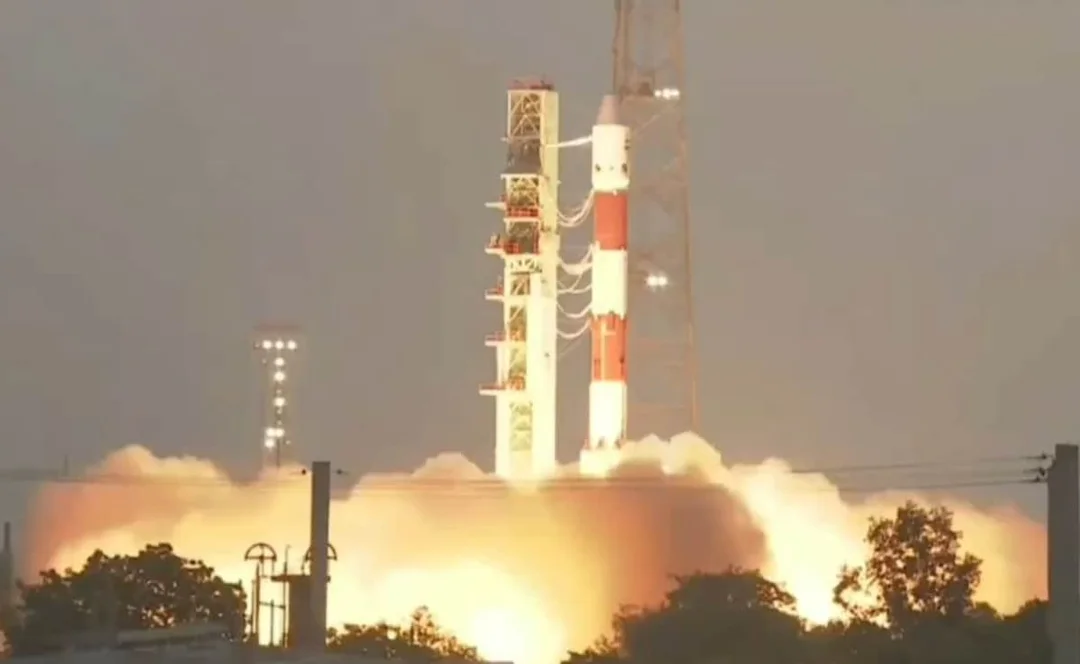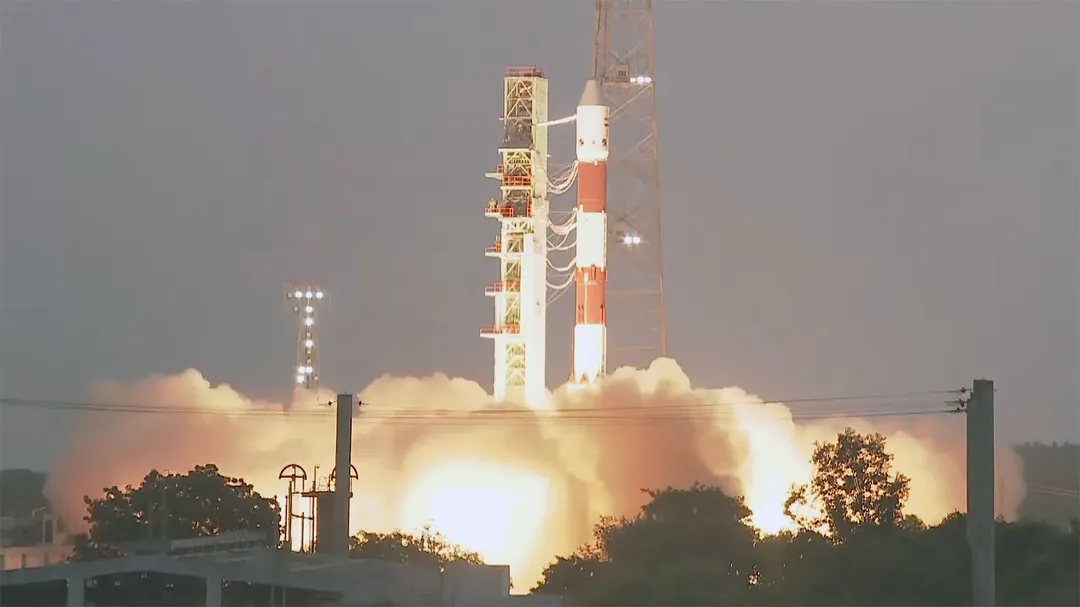
India’s Space Program Faces Setback: PSLV Rocket Fails, Satellite Lost
India's ambitious space program faced a setback on May 17, 2025, as a Polar Satellite Launch Vehicle (PSLV) mission ended in failure. The rocket, carrying the EOS-09 Earth observation satellite, encountered a problem during its third stage, resulting in the loss of the satellite.
The launch, which took place from the Satish Dhawan Space Centre, appeared normal until approximately six minutes into the flight. According to a televised statement by ISRO Chairman V. Narayanan, "Up to the second stage, the performance was quite normal. Third stage, motor started perfectly, but during the functioning of the third stage, we are seeing a observation, and the mission could not be accomplished. After analysis, we shall come back."

The EOS-09 satellite was designed to provide continuous and reliable remote sensing data, equipped with a synthetic aperture radar (SAR) payload for day-and-night observation capabilities, even through cloud cover. Its data was also deemed strategically important "given ongoing security concerns along India’s borders with Pakistan and China,” according to *India Today*.
This mission marked the 101st launch for ISRO and the 63rd for the PSLV, which was flying in its "XL" configuration with six strap-on solid rocket boosters. Despite the PSLV's reputation as a reliable workhorse, this incident represents only the third failure in its 32-year operational history.
The failure represents a considerable setback, especially given the satellite's intended purpose. It was to provide round-the-clock, reliable intelligence capability and was equipped with advanced SAR tech. The loss is all the more significant as the EOS-09 was nearly identical to the EOS-04 satellite launched back in 2022, which was also aimed to provide remote sensing data for civil applications while deemed helpful to India’s military.
The PSLV, a four-stage vehicle, had been primarily reliable until this incident. The previous failure occurred in August 2017, and other failures occurred back in the 1990s. It might require investigation and analysis to prevent such failures in the future.
What caused the anomaly in the PSLV's third stage? How will this failure impact India's future space endeavors, particularly its Earth observation capabilities? Share your thoughts and analysis in the comments below.
Related issues news
What is the EOS 09 mission?
On May 18, 2025, India's space agency, ISRO, launched the PSLV-C61 rocket from Sriharikota to place the EOS-09 satellite into orbit. This satellite was meant to take pictures of the Earth for border security and disaster management, even in bad weather.
What is the EOS 09 satellite?
EOS-09 or Earth Observation Satellite-09 (formerly known as RISAT-1B) was an Indian Space Research Organisation Radar Imaging Satellite designed to provide continuous and reliable remote sensing data for operational applications across various sectors.